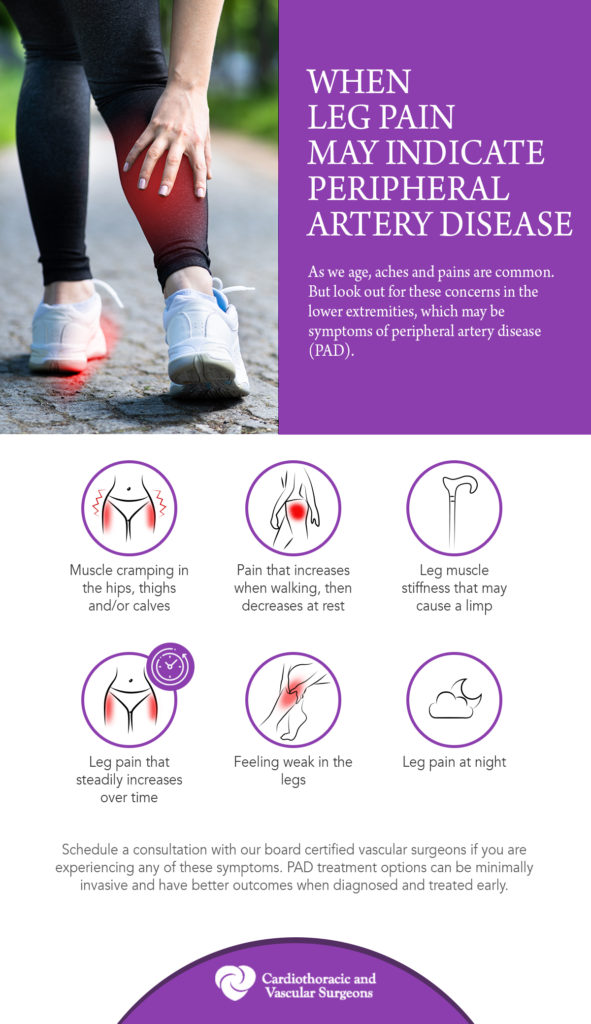It’s normal to expect cuts, blisters, or sores to heal on their own. If you do a time and effort, the body can recover itself. If a wound doesn’t heal in between four and six weeks, or begins to appear worse, such as redder or swelling or emitting a bad smell, it’s a sign that something isn’t right. Sometimes, a sore that starts small can become a non healing foot ulcer or leg injury, and if it’s not treated they can cause grave complications, and even amputation in extreme cases.
So if you’ve been waiting and watching a sore that isn’t healing, it could be time to quit waiting and seek help.
What causes some wounds to refuse to heal
There are a few common reasons why a wound won’t heal. Understanding these can aid you (and your physician) determine the best way to treat it.
You’re at an increased risk of foot and leg injuries that don’t heal effectively if you suffer from diabetes. The high blood sugar levels can cause damage to nerves, so you won’t feel any injuries. It also hinders the flow of blood, which makes it more difficult for minor cuts to heal.
A slow or inadequate circulation could be a reason. It is usually associated with venous or artery ulcers. If your veins or arterial arteries don’t do their job, you will not receive enough nutrients and oxygen for your skin to heal.
Bedores can also form (pressure ulcers) If you suffer from mobility problems. They are a different type of wounds that can be extremely resistant if not properly treated.
Healing may be slowed due to other causes that can cause it, such as the age of the patient, certain medications immune-mediated diseases, and inadequate nutrition. There is a chance that a mix of these factors could result in a wound that remains.
How long does healing last and what if it isn’t?
It’s natural to wonder how long healing “should” take. In reality, the amount of time it takes to heal is contingent on your condition and kind of injury. A minor blister or cut may heal within two weeks. But if you’re dealing with a deeper foot ulcer or leg wound won’t heal, it might take up to 12 weeks if things are going well.
The important thing to remember is this: if not experiencing any improvement in four to six weeks, don’t delay. You should consult an expert on wound care. The longer a wound remains open, more risk is posed to it.
You Deserve Better Finding the Best Help
It’s not “bad luck” that your ailment doesn’t heal. Your body needs assistance. The good news? There are specialists and treatments that make a big difference. At our clinic we treat unhealing foot wounds and leg ulcers. We work in conjunction with other healthcare professionals in order to design a personalized plan that aids in healing your body.
There are many options, whether it is advanced wound dressings or the ability to restore blood flow. There are even specific therapies like hyperbaric oxygen. We’ll work with you to help treat your wound.
Final Thoughts
A wound that isn’t able to heal impacts you in more ways than one. It can change your life. However, there is possibility. If you’re fed up of having to deal with a leg injury that won’t heal, a wound that isn’t healing or a foot ulcer, don’t be afraid to reach out for assistance. The sooner you do the better chance you have to get back to living the life you want to live without the discomfort and anxiety of a stubborn wound.
